Confused between retinol vs retinal? Our simple guide will help you choose
Retinoids are superstar ingredients, but which form of vitamin A is best for your skin? We've got answers...
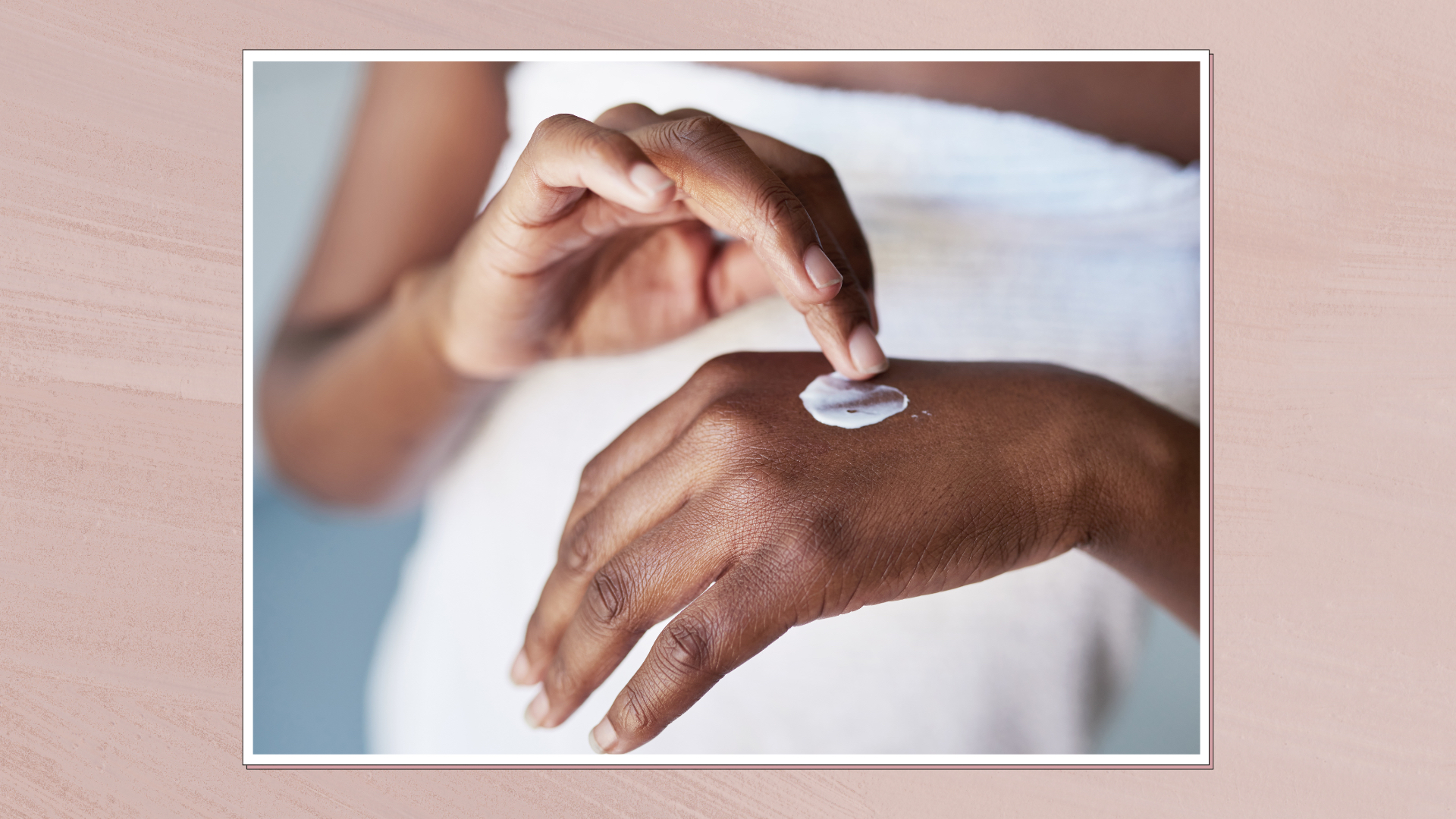

Retinol is an ingredient you likely will have heard plenty about. Known for its ability to 'turn back time' and touted as a gold standard skincare hero, the vitamin A derivative encourages collagen production and increases cell turnover to unveil brighter, fresher and more youthful-looking skin. It also works well with acne-prone skin, as it’s brilliant for treating breakouts.
However, lately a new – albeit very similar – ingredient has been shining just a little brighter: retinal (with an "a"). But what exactly is the difference between the best retinol creams and those with retinal, and which one should you be investing in for clearer, smoother-looking skin? Ahead, the experts will explain...
Our expert-led guide to retinol vs retinal
What is retinal?
The main difference between retinol and retinal is in their make-up; they are both forms of vitamin A, but retinal is slightly 'further along' the pathway to the form your skin uses than retinol. Retinal is closest to retinoic acid (which is what prescription retinol, tretinoin, is made up of), making it the strongest form of vitamin A you can buy over the counter without the need for a prescription. This means that it differs in efficacy, speed and the way it works on the skin.
“Retinol and retinal (full name retinaldehyde) are both vitamin A derivatives used in skincare, but they differ in potency and action,” explains Dr. Anjali Mahto, consultant dermatologist and founder of Self London.
“Retinal is more potent as it is closer to retinoic acid in the conversion process, leading to faster and more noticeable results but with a higher potential for irritation," she continues. "Retinal is often used for more severe skin concerns, like intense hyperpigmentation or acne, providing quicker and more pronounced improvements.”
What is retinol?
As for what retinol does, Dr. Mahto explains it's "a milder form, making it less irritating but slower to show results. It helps with cell turnover and improves skin texture over time.”
This point about irritation is key; while retinol can cause side effects (the infamous 'retinol purge' associated with the first use can see breakouts and dryness or flaking), it is usually not as severe as those you may encounter with retinal.
Sign up for the woman&home newsletter
Sign up to our free daily email for the latest royal and entertainment news, interesting opinion, expert advice on styling and beauty trends, and no-nonsense guides to the health and wellness questions you want answered.
As the doctor mentions, while retinal is faster acting and can promote more noticeable results, it also comes with its drawbacks. There’s the higher potential for irritation – as it’s stronger, the skin may not be able to tolerate it as well as retinol – and the fact it’s a less stable ingredient that degrades quickly, making it harder to work with when formulating products. Retinol is, on the whole, easier to use and tolerate, and more common on the market.
Who should use retinal over retinol?
Retinal
If you experience redness and fine lines in particular, retinal may be worth trying – especially if you’ve been using retinol for some time and would like to work your way up the vitamin A chain. Dr. Mahto says that if you experience “severe” skin issues, such as “deep wrinkles, significant hyperpigmentation or stubborn acne,” you could try a retinal instead. And, as mentioned, “it is also beneficial for those who have previously used retinol and are seeking a more potent treatment with faster results.”
Retinol
However, Dr. Mahto notes, if you have “mild to moderate skin concerns” including “ageing, uneven skin texture or light hyperpigmentation,” you would probably be better suited to retinol, particularly if your skin is on the sensitive side. There is less risk of irritation with a retinol. New to retinoids completely? Start with one of these.
Tips for using retinol or retinal
Whichever form of vitamin A you choose, you’ll see results. From more youthful-looking skin with less fine lines to clear, smoother textures with few breakouts, this ingredient really is the gold standard in skincare.
However, any retinoid can take its toll on skin due to its potency. For that reason, you should use the following rules to guide your usage.
- Always use a retinoid at nighttime and wear SPF the next day, as they can increase sun sensitivity.
- Avoid the eye area and any other areas of skin that may be a little more reactive, such as under the nose.
- Complement your retinoid usage with ingredients that maintain the skin barrier; retinoids can be drying and sensitising, so use an ultra-hydrating, nourishing cream after retinoid use. Look for ingredients such as hyaluronic acid, ceramides and squalane.
- Introduce a retinoid into your routine slowly, particularly if you are new to them completely. This means reaching for it a couple of times a week to begin with, and working up to every other day, then daily use. Also avoid using any other active acids such as glycolic, lactic or salicylic on the same days.
- If your skin is struggling to tolerate your retinoid, try using a "buffer"; apply a layer of hyaluronic acid serum onto your skin before using your retinol or retinal, then end with your hydrating cream.
Retinol vs retinal: Our favourite products
To summarise, retinol is best for those with mild skin concerns or who are new to retinoids. For anybody that’s been using retinol for some time and is ready for the next step, try a retinal. That said, if your skin issues are more advanced or severe, you could opt to forgo the former and jump right into the world of retinals – just start slowly and follow the tips above.
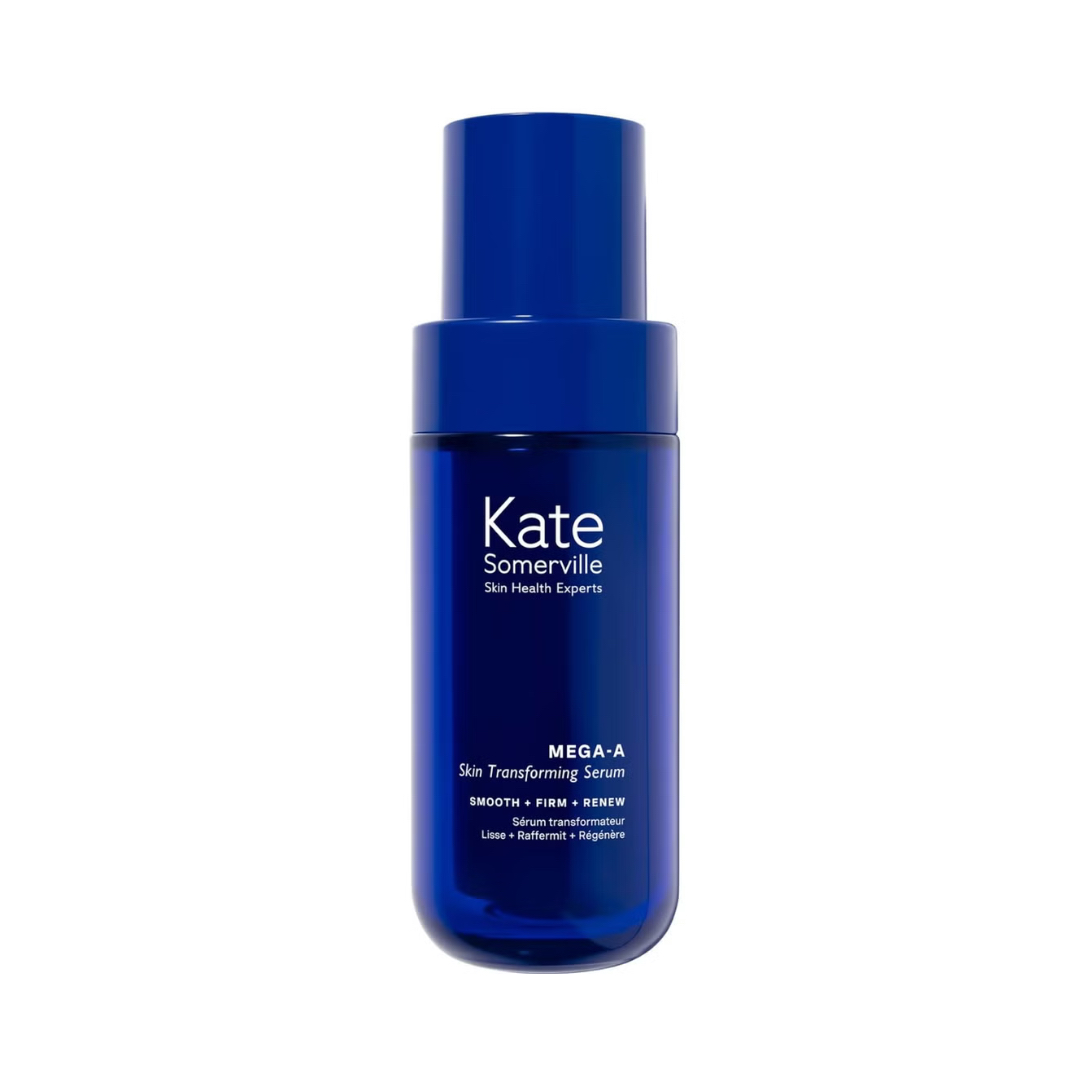
RRP: £72
This new formula is innovative in so many ways, not least because along with efficacious retinal, the serum contains both hyaluronic acid and squalane. Together, they protect skin and maintain hydration levels, meaning irritation is less likely to occur.
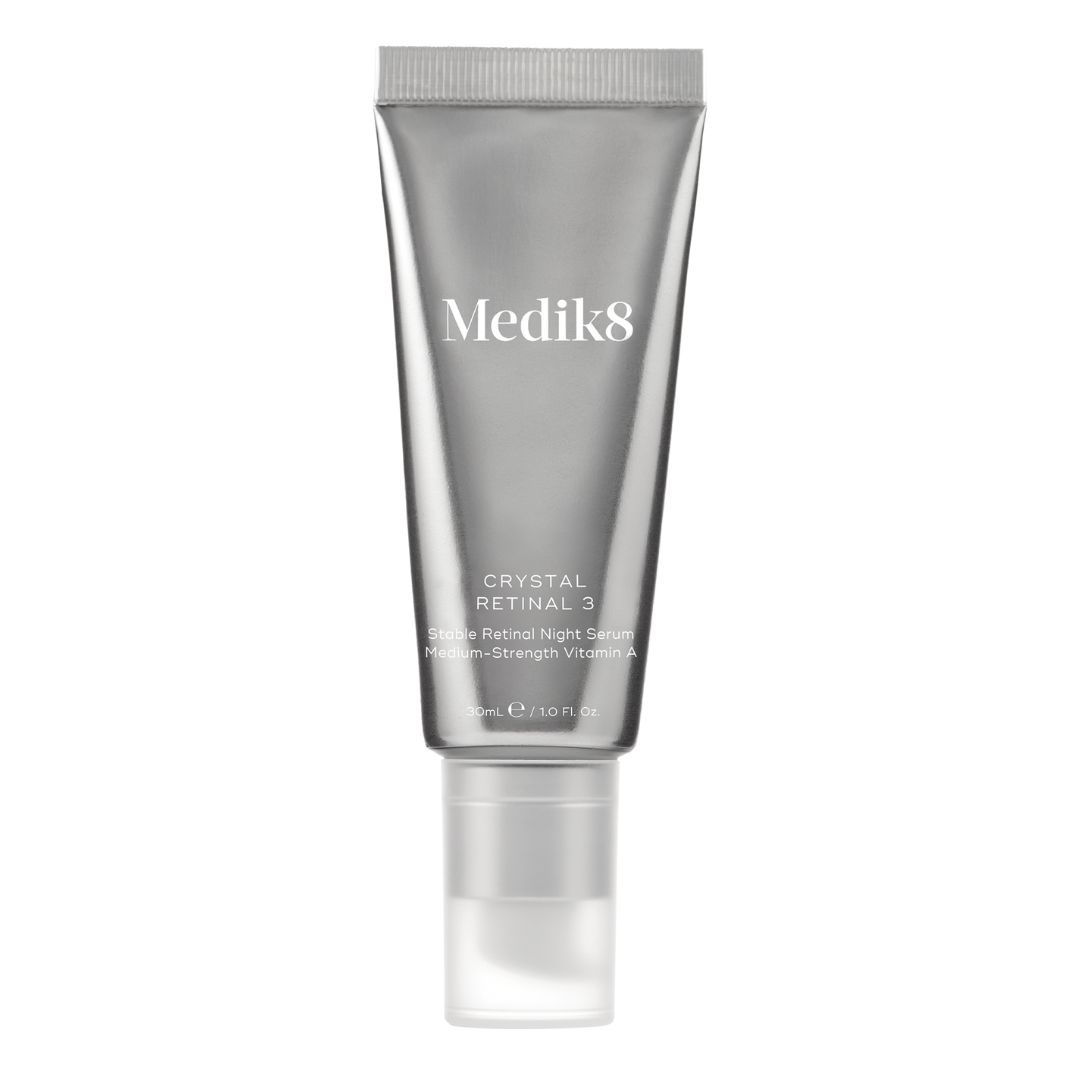
RRP: £49
One of the best-known retinal options, Medik8’s serum works to provide noticeable results. It’s formulated with hyaluronic acid, vitamin E and glycerin to maintain hydration, and works for all skin types with its increasing strength levels – meaning you can progress to stronger percentages as you go.
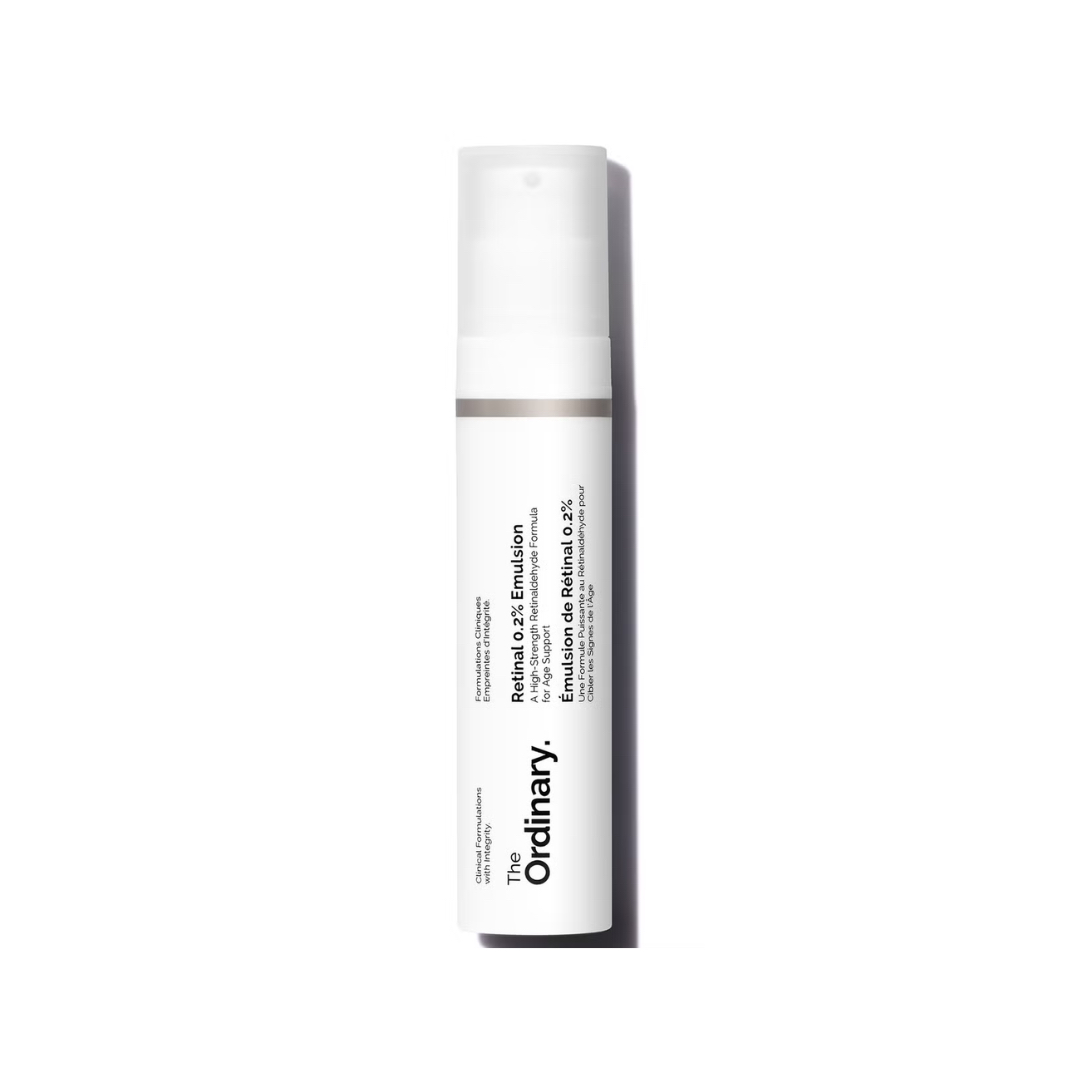
RRP: £15.20
An affordable way to try retinal, The Ordinary’s emulsion is impressively effective for under £15. As well as 0.2% retinal, the elixir contains avenanthramide, which helps to alleviate any side effects including dryness and flaking.
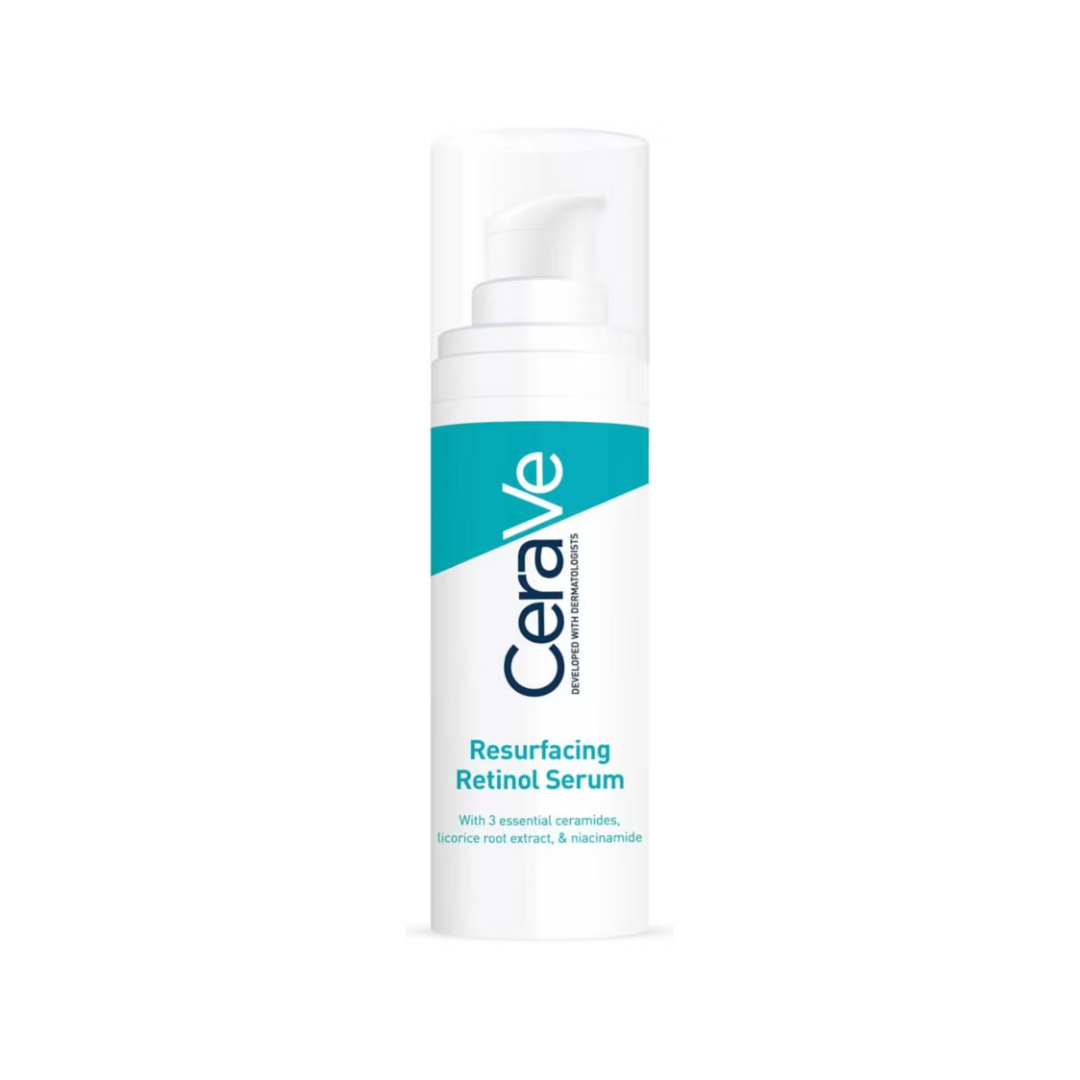
RRP: £23
CeraVe’s gentle serum is one of the best drugstore pick-ups at a reasonable price. As its name suggests, it contains ceramides and niacinamide to counter any drying effects of the vitamin A, making it suitable for sensitive skin. This is a great beginner retinoid.
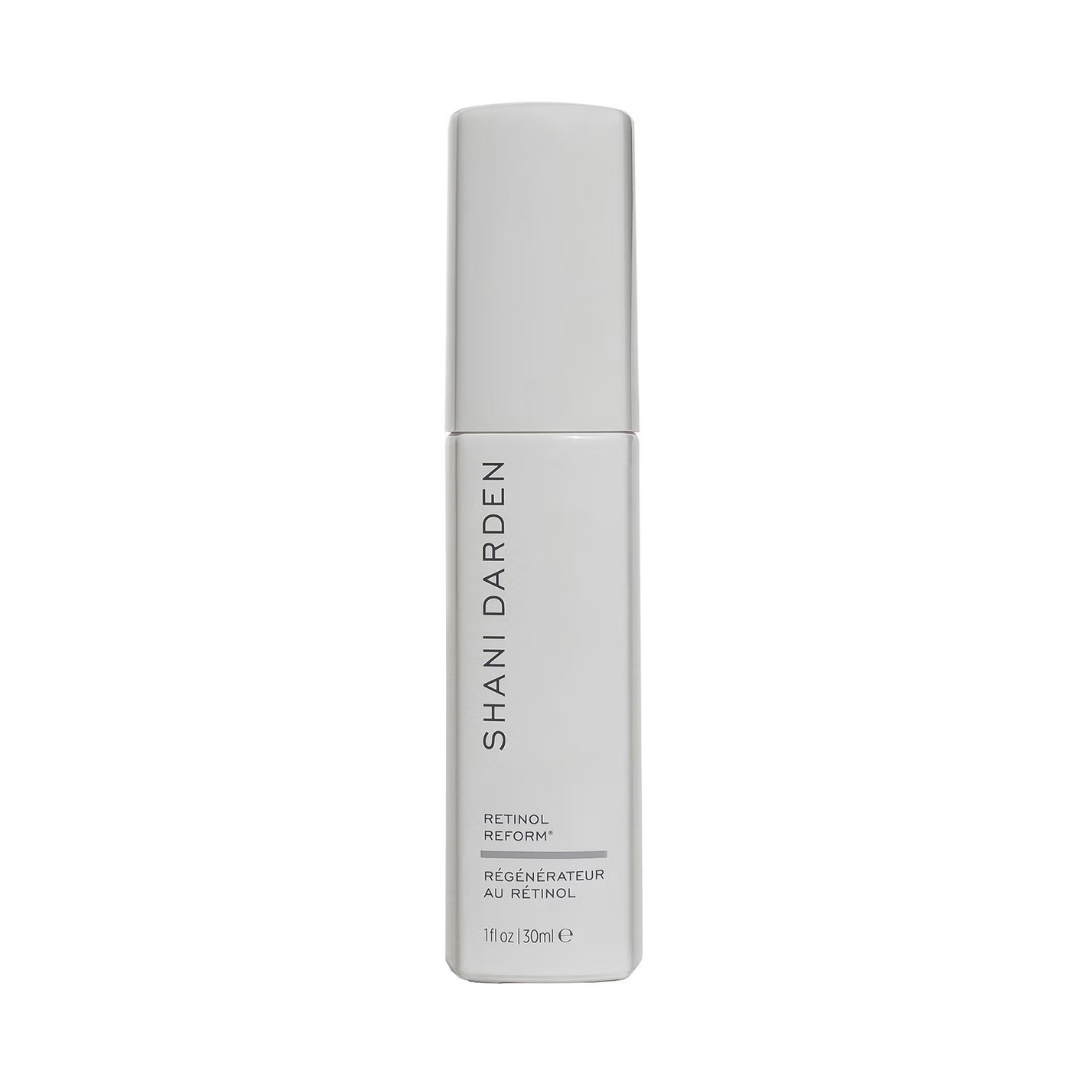
RRP: £82
From beloved facialist Shani Darden, this retinol serum prides itself on being gentle and well tolerated by the skin, but effective enough that you see clear results. It targets fine lines, pigmentation and uneven texture.
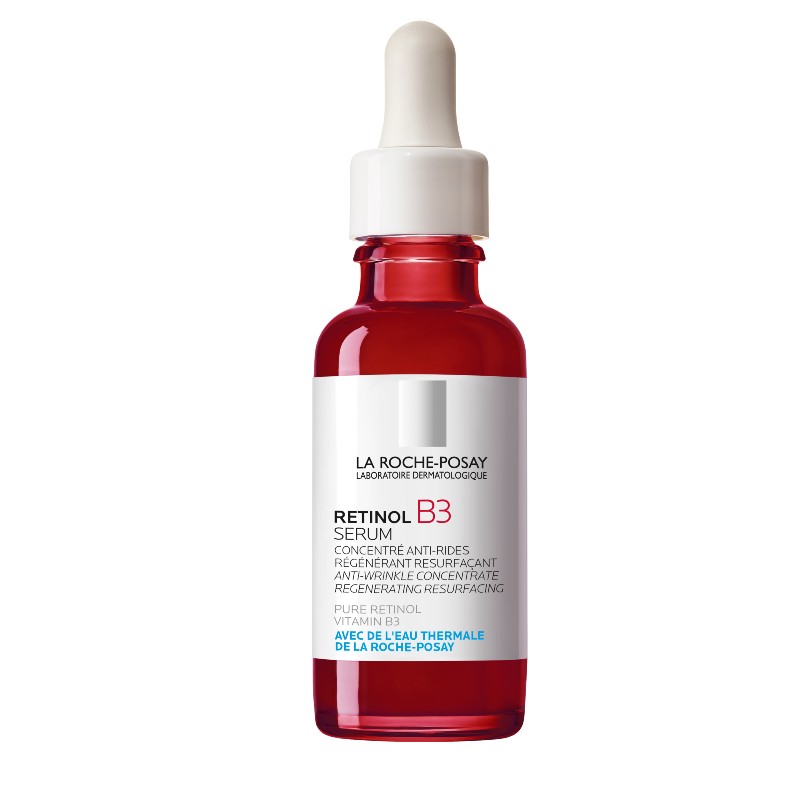
RRP: £48
This is another brilliant retinol for sensitive skin or newbies to retinoids. It contains vitamin B3 as well as vitamin A, which helps to hydrate and protect the skin. It’s also packaged with a handy dropper, which makes application fuss-free.
Rebecca (best known as Becky) is a freelance beauty editor and features writer with a decade worth of experience in the industry. She started her career at Glamour UK and has since worked in roles at titles and brands such as Eliza, Bustle and Space NK. She has written for British, US and Australian publications, from Marie Claire and Refinery29 to Stylist and The Coveteur.
She is a keen traveller and often works on the road, covering everything from beauty and fashion to sex, love and dating. Her favourite pieces to write are first person features born from her experiences in the world. She is proudly queer, feminist and pro-choice, and advocates for mental health issues and women's rights. You can check out her work at her portfolio and on her Instagram.
-
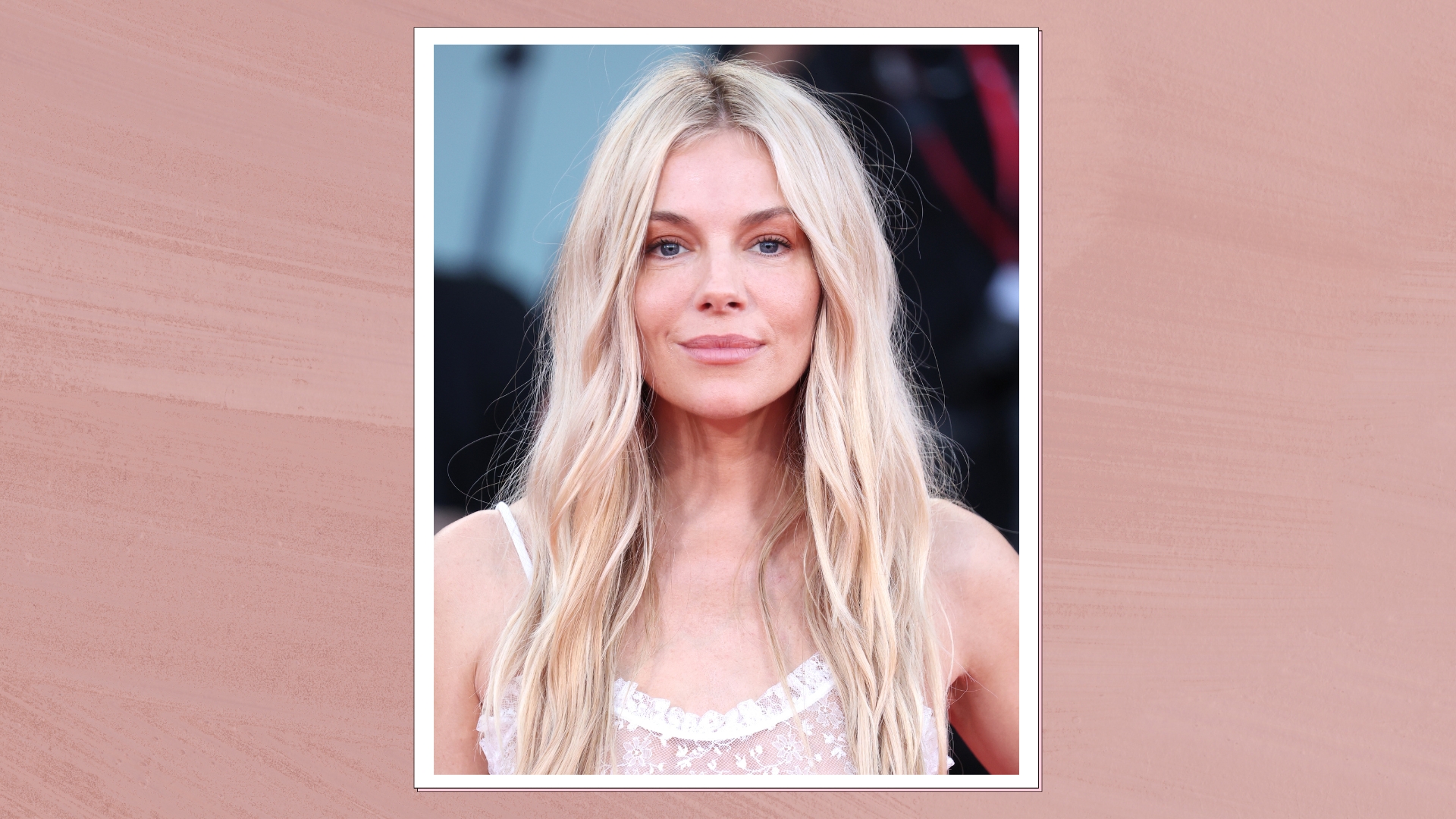 We're in awe of Sienna Miller's easy-going and 'piece-y' hairstyle and how perfect it is for spring
We're in awe of Sienna Miller's easy-going and 'piece-y' hairstyle and how perfect it is for springThis laid-back hairstyle is - quite literally - making waves this season
By Naomi Jamieson Published
-
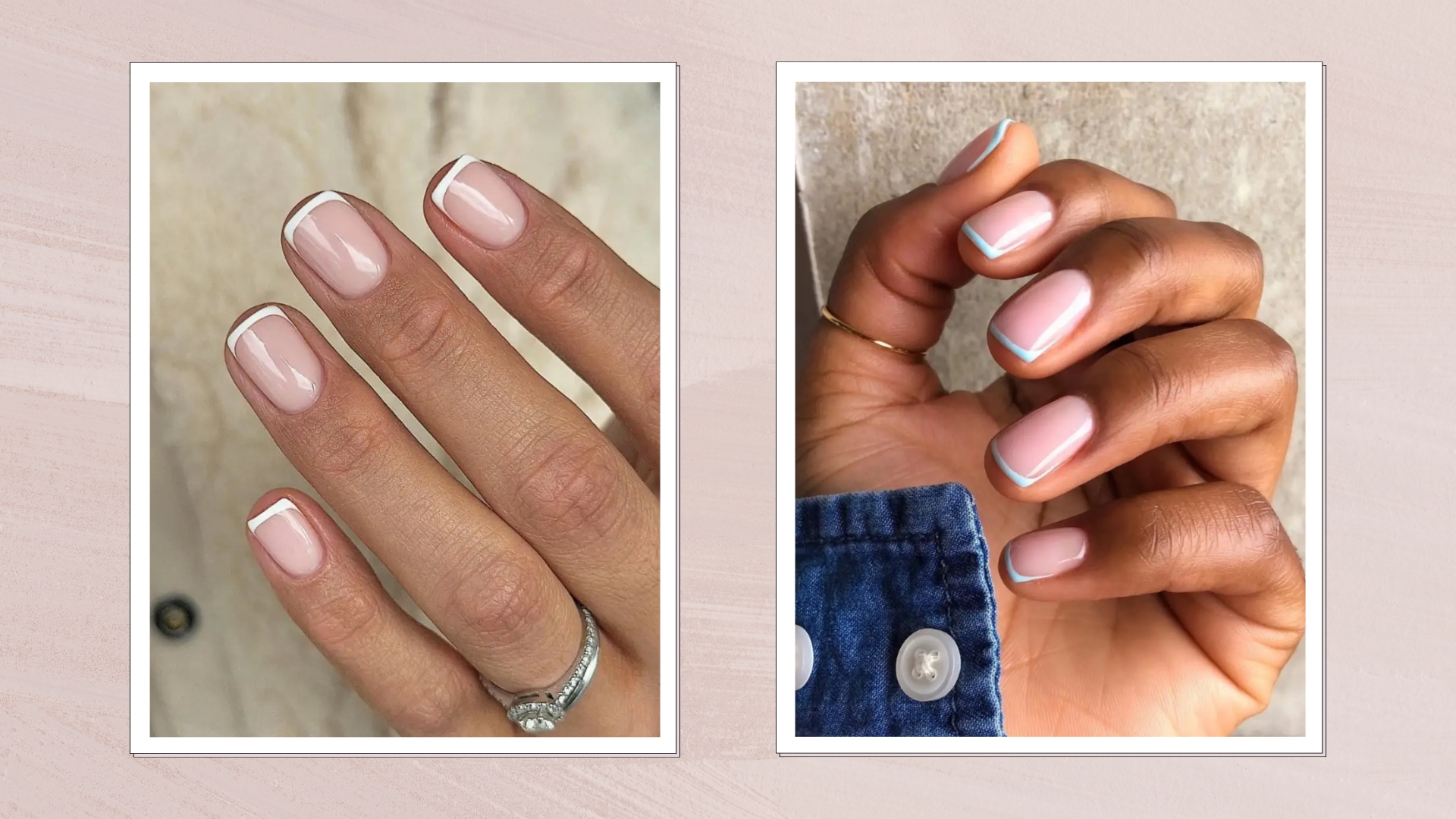 We never thought we'd see this 'dated' manicure make a chic comeback, but here it is - and we're on board
We never thought we'd see this 'dated' manicure make a chic comeback, but here it is - and we're on boardClean and angular, short square French tips are a go-to this season for a practical but stylish manicure...
By Naomi Jamieson Published